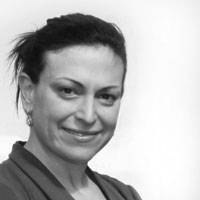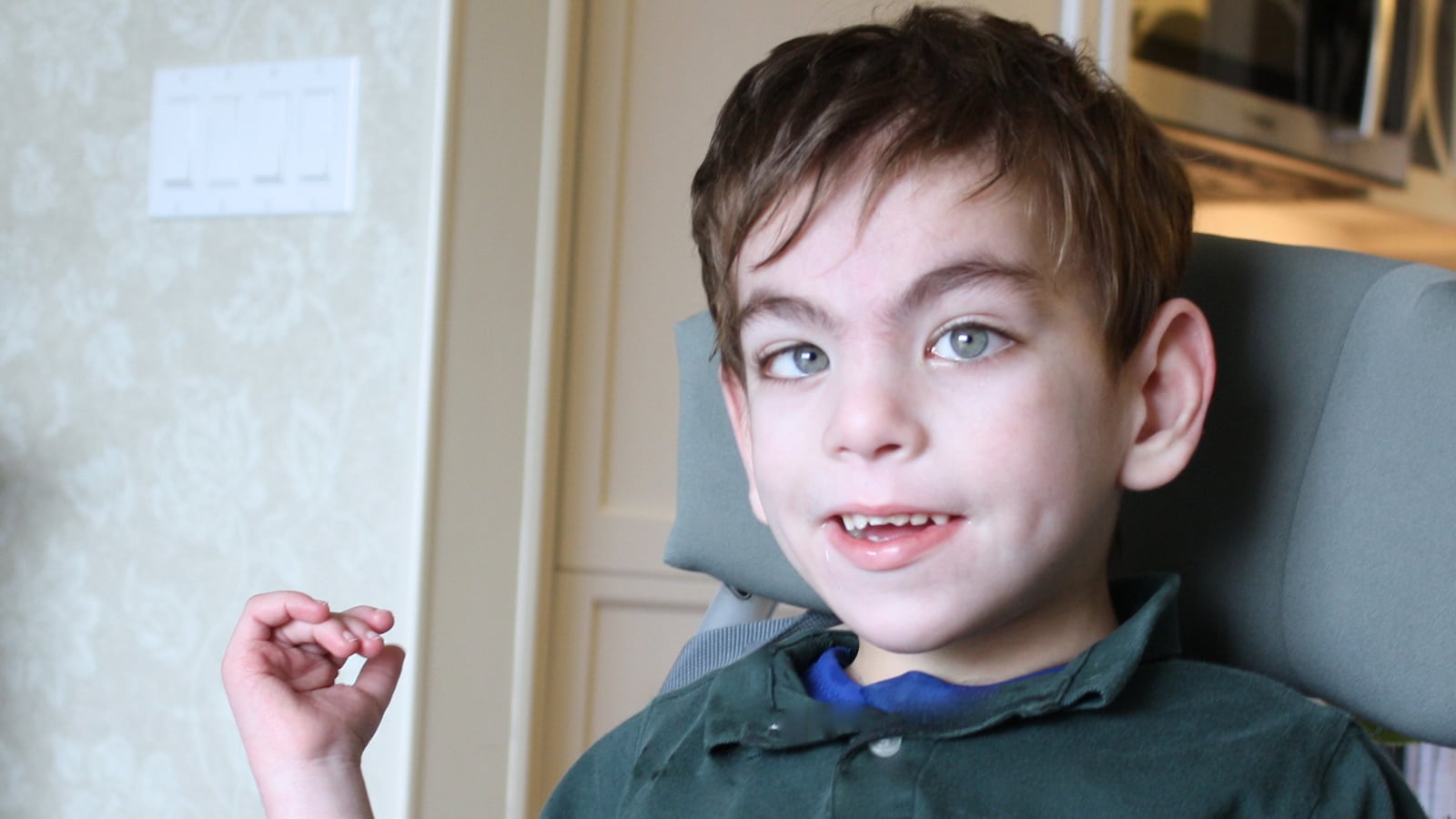I’m the mom of a microcephalic kid. I am also a news junkie. That’s been a tough combination lately.
I adore Edmund, my kid with microcephaly. I shouldn’t need to say that. In general, moms loving their kids is a given.
I am all too aware, however, that people believe he’s an affliction who must be borne, rather than a source of joy and laughter and an occasional pain in the ass—just like my two typical kids.
The endless pounding of Zika stories, and the descriptions of the grim futures that await the families of microcephalic children, chip away at a façade I’ve built by surrounding myself with friends, family, and a community who value and love my son.
On a recent morning, I had the pleasure of reading this lede in The New York Times: “A baby with a shrunken, misshapen head is surely a heartbreaking sight.”
If you are a parent, I ask you to sit back and think about that for a second. Think about one of your kids being described in those terms in the paper of record. Terms that are usually used for the hulking villain of a gothic novel, not an infant. And further as “a heartbreaking sight.”

As it happens, I saw my kid this morning. He’s 6 years old, no longer a baby. When he caught my eye, he grinned at me and signed, as he does many mornings, “I love Mommy. Mommy loves me. I love hats.”
We’ve never been sure why he’s so fond of hats, but there it is.
Edmund may be many things, but here’s what he isn’t: a heartbreaking sight.
This isn’t because he is one of the 15 percent of microcephalic children who develop typically. His microcephaly is part of a cluster of medical problems that stem from a rare genetic syndrome, Cri du Chat syndrome.
He has multiple intensive needs. He’s non-verbal, and communicates with a few signs. He uses a wheelchair and requires a feeding tube for nutrition.
Rather, it’s because I love him for the person that he is, not the skill levels he achieves.
And the pope. Seriously. The pope? I’m not Catholic, and have always thought the ban on contraceptives is, well, ridiculous. Of course people in areas where the Zika virus is prevalent should, as in any other place, have access to birth control.
The thing is, although I disagree with the Vatican on so much, I always thought I could count on them to think my son wasn’t a heartbreaking sight.
But when Pope Francis finally decides to lift a ban on contraceptives—it’s so that fewer people like my son might come into existence? THIS is the time you relax your standards? What the hell, Francis? I thought we were together on this!
Then there’s the coverage of abortion. As it happens, I’m pro-choice. I think women should be legally permitted to be able to choose to have an abortion for any reason.
However. The negative aspects of disabilities can be ameliorated or erased if disabled people and their caregivers are given access to technology, services, community inclusion, and good education.
A friend of mine, Heather Ure from Redmond, Washington, is an autistic mother of disabled and typical children. As she once told me, it’s a society that has access for and inclusion of disabled people, and has good health care (including reproductive care), that can weather a crisis like Zika.
So it’s a punch in the gut to read, as I did in Jezebel, that a “microcephaly diagnosis might require” (emphasis added) an abortion. I’m pro-choice, after all, not pro-eugenics.
The Jezebel piece refers to the coming world with more kids with microcephaly being born due to restricted abortion access as “totally fucking dystopian.”
I picture a world with more kids like my kid and what do I see?
I see major economic challenges and drains on medical resources. I see communities that will greatly benefit from international support.
I see a community of microcephalic people that, through their greater numbers, could potentially band together and more effectively self-advocate.
I’m not really seeing the Hunger Games.
Note to journalists: Microcephalic people are reading this shit, too. My heart goes out to them.
Here’s a post by someone with a disability about what she feels reading all this coverage, and here is some excellent advice on how to talk about the Zika virus more thoughtfully.
Look, it’s not like I don’t know why all of you are terrified. I didn’t ask for a microcephalic baby, and I was devastated when I got one. I thought it was the worst thing that had ever happened to me or my family.
That’s because I didn’t know what disability was like.
When I’ve objected to cruel, panicked Zika coverage, people tell me I don’t know what it’s like, because these microcephalic children are being born in places with fewer resources.
Of course it’s better for Edmund and easier for our family because I live in a place with more resources! This is why we can and should turn our attention not to fear-mongering but to help creating places where children with disabilities can thrive.
Edmund taught me that disability is not hell on earth for a family. It’s not constant misery. In our family, it’s love and smiles and buildings without wheelchair access and too many appointments and laughter and pulling his brothers’ hair and way too many toys all over the floor that he refuses to pick up.
And hats. Hats are pretty damn awesome.






